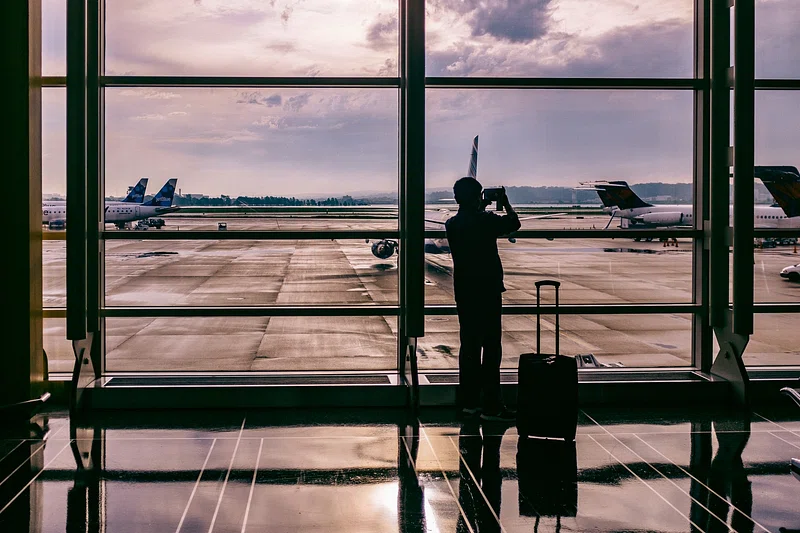The United States has renewed its “do not travel” advisory for Venezuela, emphasising to American travellers that the U.S. government “has no ability to provide emergency services to U.S. citizens” who encounter difficulties there.
This severe notice, the highest warning the Department of State can issue, is attributed to civil unrest, a “slide towards dictatorship,” ongoing terrorist threats, and anti-American sentiment.
“Violent crimes, such as homicide, armed robbery, kidnapping, and carjacking, are common in Venezuela,” the agency noted.
The situation is so critical that the U.S. government advises those who insist on traveling to Venezuela to first “establish a ‘proof of life’ protocol with your loved ones.”
“If you are taken hostage, your loved ones know specific questions (and answers) to ask the hostage-takers to be sure that you are alive (and to rule out a hoax),” officials explained.
The Department has identified a high risk of wrongful detention for U.S. nationals in Venezuela, with security forces detaining U.S. citizens for up to five years. The American government is often not notified or allowed access to incarcerated nationals.
Hundreds of thousands of Americans used to travel to Venezuela annually, drawn by its largely undeveloped Caribbean coastline and pristine islands. However, these numbers have significantly declined since Nicolás Maduro came to power following the death of Hugo Chávez in 2013.
Regarding the most recent election, the State Department stated that Maduro “illegally claimed the presidency of Venezuela, despite global condemnation of a rigged election” and is steering the country towards dictatorship.
Echoing Chávez’s tactics, Maduro is strengthening “alliances with outside nations including Cuba, Russia, Iran, and China, that repress the Venezuelan people further.” The warning, initially issued in 2019 when the U.S. began withdrawing personnel from Venezuela, was reissued on May 13.
This comes ahead of a crucial July election that will significantly impact the future of the South American nation.
“Political rallies and demonstrations occur, often with little notice. Anti-Maduro demonstrations have elicited a strong police and security force response,” the department added, “including the use of tear gas, pepper spray, and rubber bullets against participants.”
These events “occasionally devolve into looting and vandalism,” they noted.
Additionally, Venezuela is grappling with shortages of essentials, including water, gasoline, electricity, and medicine. The situation is exacerbated by the presence of terror groups from neighbouring Colombia, which are highly active in the border regions.


